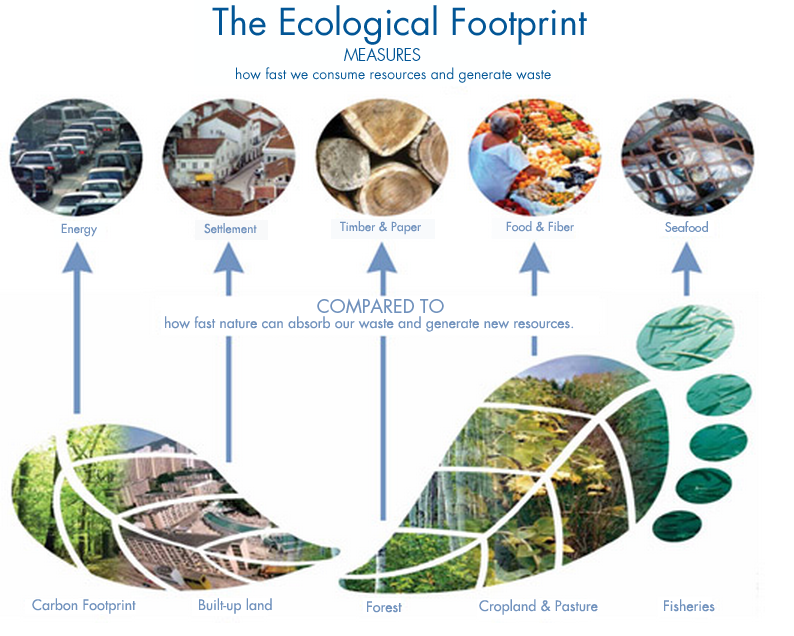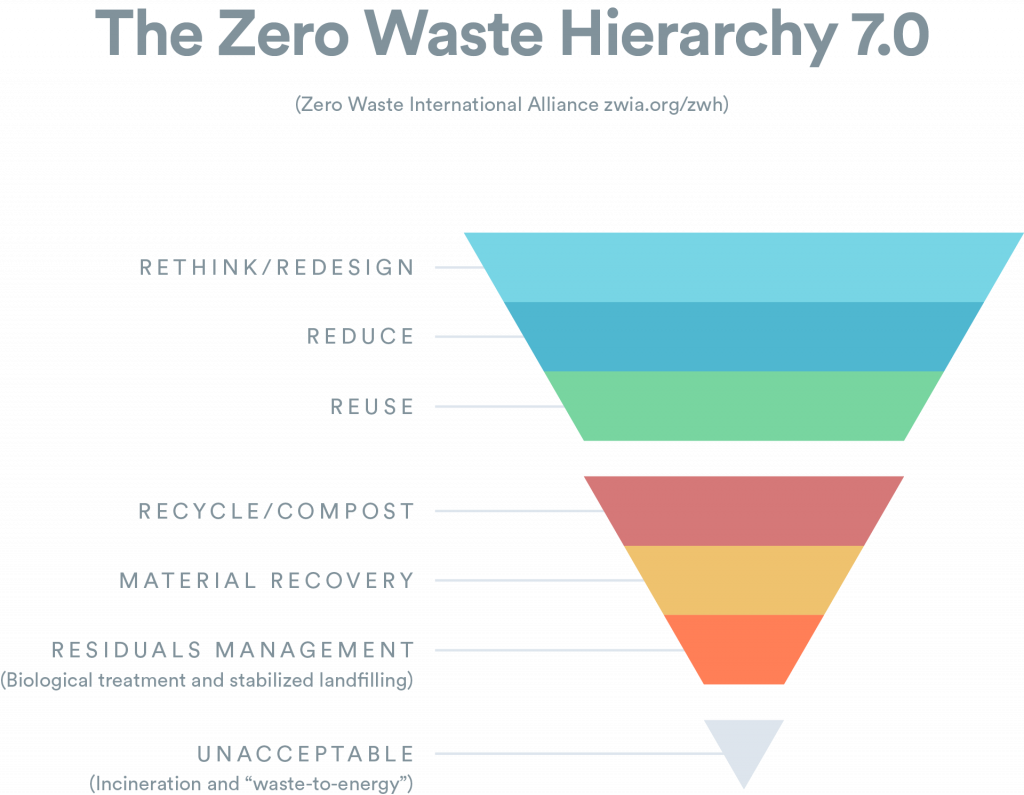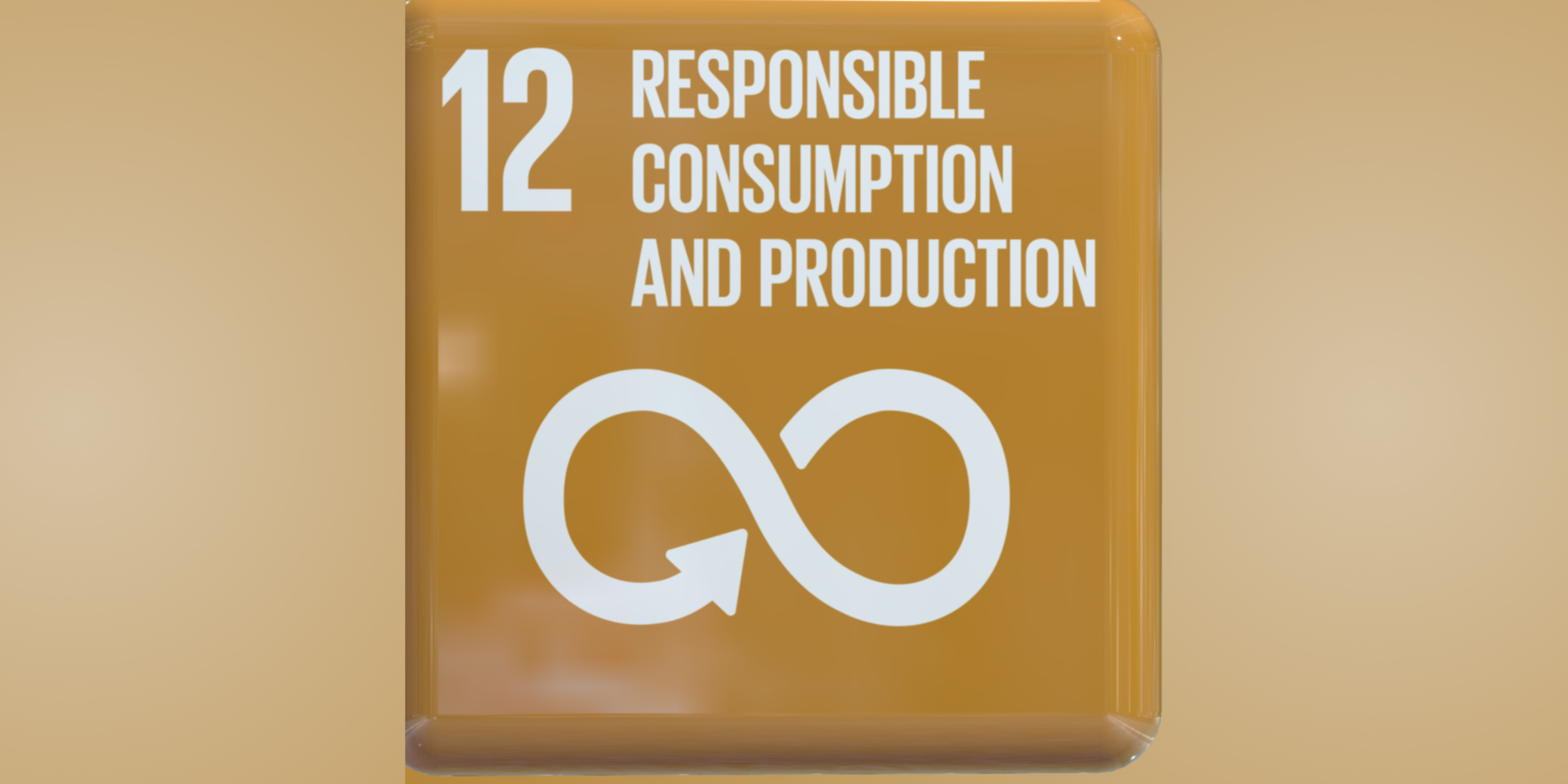Global resource consumption has been steadily increasing over the past decades, with humanity's demand on nature now exceeding the Earth's capacity to regenerate. This unsustainable level of resource consumption has led to significant environmental degradation, biodiversity loss, and climate change.
There are various forms of measurement to try and capture human resource use and demand to compare to our planet’s resources and its ability to regenerate. Whether you are using carbon footprints, material footprints, or ecological footprints to measure, the available data is clear: we are consuming resources at unsustainable levels.
 Source: Global Footprint Network
Source: Global Footprint Network
One of the key findings from research on ecological footprints is the stark inequality in resource use around the world. High-income countries, such as the United States, typically have much larger per capita ecological footprints compared to lower income nations. This is due to a combination of higher levels of consumption, energy use, and trade patterns that displace environmental burdens to other regions. According to the 2023 Sustainable Development Goals Report, material footprint per capita in high-income countries is 10 times the level of low-income countries.
Visualizing Reduced Consumption
Zero Waste International Alliance is one of many representations of the methods and approaches we can use to get from our current wasteful, linear economy to one where materials are being reimagined upstream and intercepted downstream to keep them in use. As Jon Smieja notes in his 2022 GreenBiz article on finding ways to reduce consumption, the appeal of this model is that it "represents upstream activities in the same hierarchy as downstream activities." 
At the top of this model, we are tasked with rethinking and redesigning our products to increase their potential for circularity. Next, we are being compelled to reduce our consumption, which is the focus of this article. Not addressed here are the downstream activities that can keep materials in use longer, which in theory and practice, should result in less new production, and includes when full circularity is impossible overarching guidance on how to dispose of products and materials in the best way possible.
Changes Individuals Can Make to Reduce Their Consumption
From the energy we use to power our homes and businesses to the materials we rely on for everyday products, our collective footprint is undeniable. But the good news is that we, as individuals, can still make a difference.
One of the easiest ways to reduce our consumption is to be mindful of our purchasing habits. Before you add that shiny new gadget to your cart, ask yourself: do I really need this? Can I find a more sustainable alternative? By being more intentional about our spending, we can collectively reduce the demand for resource-intensive goods and services.
But it's not just about what we consume; it's also about what we produce. Sustainable production practices, such as using renewable materials, minimizing waste, and implementing circular economy principles, are crucial in creating a sustainable future.
7 Ways Individuals Can Reduce Consumption
1. Reduce meat consumption.
2. Buy second-hand whenever you can.
Production of new items from virgin materials is incredibly resource intensive. Water, for example, is used in many stages of the industrial production process. It can take 1,800 gallons of water to produce enough cotton for one pair of jeans.
3. Shop, eat and drink locally.
Buying goods locally can reduce emissions and benefit your community.
4. Be mindful of energy use and switch to energy efficient appliances when possible.
Simple changes like switching to LED light bulbs and being mindful of heating and cooling habits can have a huge impact on our energy consumption.
5. Be mindful of transportation emissions.
Use public transportation, carpool, walk, or bike to places when possible.
6. Do some research and buy from companies that have sustainable production practices.
7. Calculate your Ecological Footprint to understand your resource consumption impact.
Resonance Projects with Impact
Walton Family Foundation Indonesia Tuna Consortium: Resonance manages a consortium of expert local teams from Masyarakat dan Perikanan Indonesia (MDPI), Yayasan Konservasi Alam Nusantara (YKAN), Marine Change, Fair Trade USA, and the International Pole & Line Foundation. Acting as the secretariat of the Tuna Consortium, our team employs a cross-sector partnership approach to improve collaboration between the consortium members to improve sustainable tuna fishery management practices in the Indonesian Archipelagic Waters. During Phase II, the Tuna Consortium supported the Indonesian government to finalize and launch the Tuna Harvest Strategy which aims to reduce tuna catch by 10%.
World Bank Global Knowledge Competition (GKC): Resonance managed the GKC, an open innovation competition to find solutions to overfishing spanning four countries, Cabo Verde, Ecuador, Indonesia, and Peru. The winning solution from Cabo Verde, titled PescaLocal, was funded and led by Associação de Defesa do Ambiente e Desenvolvimento (ADAD) and International Institute for Environment and Development (IIED). PescaLocal created a basket of seafood sourced from artisanal fishers and female fish buyers in Santiago Island, Cabo Verde for sale at a premium to a network of sustainability-conscious restaurants and hotels. The project aims to reduce pressure on overfished species in high demand locally by increasing consumer demand and sales of traditionally unpopular species to local restaurants and hotels.
USAID Private Financing Advisory Network (PFAN)-Asia: As a subcontractor on this project (2013-2018), Resonance supported catalyzing over $1 billion of investment in renewable energy (RE) generation, energy efficiency, and clean transportation throughout 12 countries to mitigate over 40 million tons of CO2. In coordination with the project team and USAID, Resonance successfully developed a local sustainable investment platform that connects local businesses, investors, and governments. This resulted in the identification and development of more than 250 clean energy projects and engagements with over 100 small-scale RE developers interested in $1M-$50M clean technology investment opportunities across Southeast Asia. Resonance directly supported over 90 clean energy technology and enterprise projects, and provided mentorship and advising, investment readiness assessments, investment facilitation, and technical assistance to enterprises in the transition to clean energy.
Planning for Resilience in East Africa through Policy, Adaptation, Research, and Economic Development (PREPARED): The PREPARED project (2012-2018) aimed to strengthen the resiliency and sustainability of East African economies, transboundary freshwater ecosystems, and communities, targeting three key development challenges: biodiversity conservation, sustainable access to WASH, and climate change. As a member of the project team, Resonance conducted a rapid partnership appraisal, interviewing more than 90 companies in five countries. One of the partnerships we brokered was with a Ugandan water utility and international engineering firm to improve water efficiency and decrease non-revenue water in multiple districts.
Additional Resources on Easy Ways to Reduce Consumption
Reducing and Reusing Basics (EPA Resources)
Why Do We Have So Much Stuff? (VIDEO from the BBC)
Food Waste is the World's Dumbest Problem (VIDEO from VOX)


